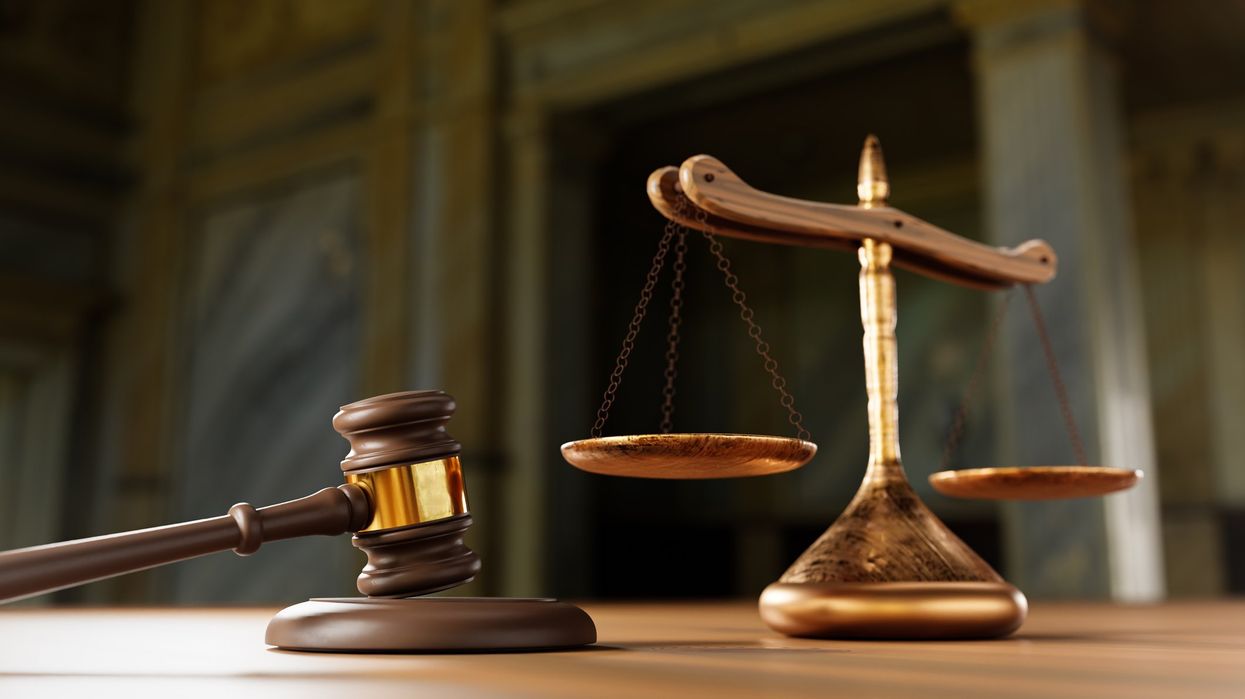In times of democratic strain, clarity must come not only from scholars and journalists but also from those who have sworn to uphold the Constitution with impartiality and courage.
This first piece in a series in The Fulcrum, “Judges on Democracy,” invites retired federal judges to speak directly to the American public about the foundational principles of our legal system: the separation of powers, the rule of law, and the indispensable role of an independent judiciary to our democratic republic.
These voices are not partisan. They are principled. Having served on the bench with fidelity to law over politics, these jurists now step forward—not to advocate for any party or agenda but to illuminate the constitutional architecture that protects liberty and equality for all.
Their reflections are rooted in experience, not ideology. Their warnings are grounded in precedent.
At a time when threats to judicial independence are growing more frequent and more brazen, The Fulcrum offers this series as a civic resource and a moral compass. We believe that understanding how our courts function and why their integrity matters is essential to preserving the democratic experiment our founders envisioned.
We begin with Judge Paul R. Michel, who served on the U.S. Court of Appeals for the Federal Circuit from 1988 until his retirement in 2010. His words are a reminder that the judiciary is not a tool of power; it is a bulwark against its abuse.
Why did the framers enshrine an independent judiciary—and how does that safeguard our democracy today?
“From studying the history of republics over the millennia, the Founders discerned a tendency for autocrats to take control, destroying democracy and ending these republics. They had observed first-hand and suffered first-hand the lawless predations of King George and his agents. Determined to avoid such a calamity for our new democratic republic, they crafted a novel system of Checks and Balances among three independent and coequal branches of the government. This was intended to limit the power of each branch, preventing a single branch from having more power. Specifically, in carrying out its Constitutional duty to interpret the laws, the judiciary was to restrain the Executive if it engaged in lawless behaviors. Today, their insight is of paramount importance as the best way to block unlawful actions of the Executive. Thereby protecting the citizenry and our democracy. That is the very meaning of the Rule of Law. Legal rules, not Executive edicts, control.”
Why are retired judges speaking out now—what compels you to break tradition and raise your voice?
“In recent years and particularly this year, the country has seen hundreds of aggressive and often plainly unlawful actions by the Executive. The spike in such assaults on democratic and lawful governance is now so great as to throw into question whether America is still under the Rule of Law as opposed to the rule of a king. The threat today is far greater than at any prior period of my lifetime. I could not stand silent.”
Why is using impeachment to challenge judicial decisions a threat to constitutional balance?
“Impeachment of judges has been extremely rare over the 245 years of our country’s existence. In accordance with the clear command of the U.S. Constitution, it has been reserved for cases of ‘high crimes and misdemeanors.’ Today, for the first time ever, it is being threatened against judges for simply ruling in accordance with law in decisions the Administration disfavors. This trend poses a grave danger of affecting judicial decision-making and the very credibility of courts and acceptance of their decisions, the foundation of the Rule of Law and democratic governance. At stake is whether the judiciary can continue to serve as a ‘check and balance’ against executive (or congressional) overreach.”
What do you wish more Americans understood about the role of judges in preserving liberty and equality?
“The role of the judiciary is to apply the law as set forth in the Constitution and the acts of Congress over the many decades, not to advance the present ‘agenda’ of any president. This ensures citizens that the nation’s laws will be interpreted fairly and consistently, a bedrock of our system of governance.”
What moment from your time on the bench best captures the weight—or wonder—of serving justice?
“More than occasionally, I had to rule contrary to my firm personal views because of owing allegiance to settled law. My personal views were not to affect my decision. Nor were the views of any political party, including the one of the president that nominated me. In my experience, colleagues on the bench, once appointed, likewise shed all personal views and prior political affiliations to become faithful servants of the law.”


















 "On the Frontlines of Democracy" by Nonprofit Vote,
"On the Frontlines of Democracy" by Nonprofit Vote,

Trump & Hegseth gave Mark Kelly a huge 2028 gift